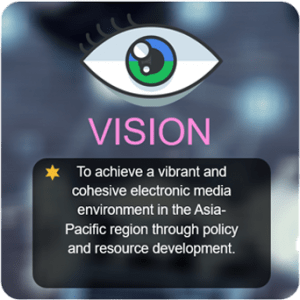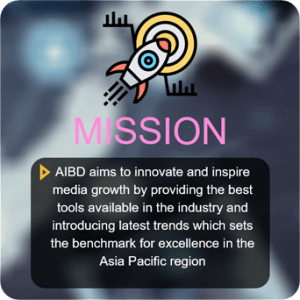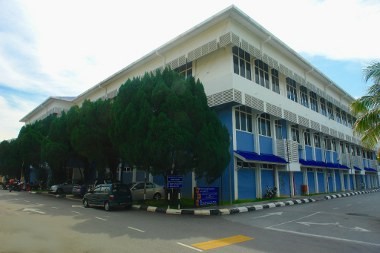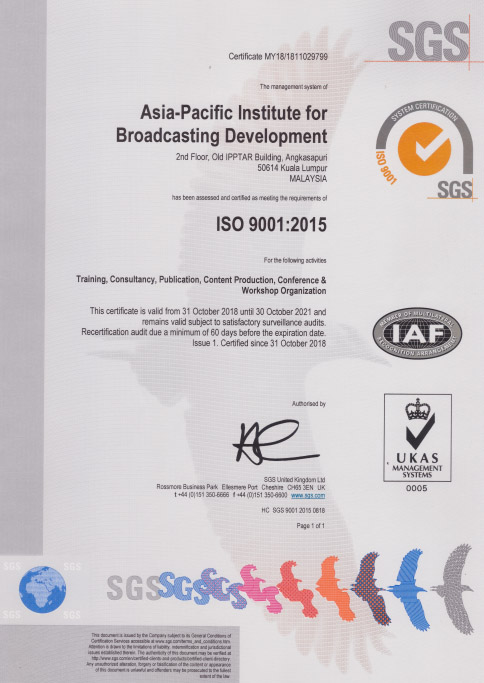ASIA-PACIFIC INSTITUTE FOR BROADCASTING DEVELOPMENT
The Asia-Pacific Institute for Broadcasting Development (AIBD) was established in August 1977 under the auspices of the United Nations Educational, Scientific and Cultural Organisation (UNESCO). It is a unique regional inter-governmental organisation servicing countries of the United Nations Economic and Social Commission for Asia and the Pacific (UN-ESCAP) in the field of electronic media development. It is hosted by the Government of Malaysia and the secretariat is located in Kuala Lumpur.
The AIBD is mandated to achieve a vibrant and cohesive electronic media environment in the Asia-Pacific region through policy and resource development.
The International Telecommunication Union (ITU), the United Nations Development Programme (UNDP), and the United Nations Educational, Scientific and Cultural Organisation (UNESCO) are the founding organisations of the Institute and they are non-voting members of the General Conference.
The Institute seeks to fulfill this mandate by mobilizing the intellectual and technological resources available within the national broadcasting organizations of its member countries as well as regional and international bodies through a well-established infrastructure and networking mechanism which includes government agencies, non-governmental organizations, institutions of higher learning, private sector and individual professionals.
Full membership of the AIBD is confined to sovereign states and they are invited to designate the broadcasting authority of the country to be the beneficiary. The AIBD currently has 26 Full Members (countries), represented by 43 organisations, and 50 Affiliate Members (organisations) with a total membership of 93 representing 46 countries and regions and over 50 partners in Asia, Pacific, Europe, Africa, Arab States and North America.


OBJECTIVES
The strategic plan of the AIBD calls upon the Institute to play a more assertive role for the benefit of its present and future members by serving as the regional platform to encourage dialogue and cooperation in the electronic media policy of the Asia-Pacific region, taking full account of emerging current and global, regional and national issues;
- The window for regional policy makers to access information to worldwide mass media policy formulation and regulations and vice versa.
- A vehicle to establish inter-regional links and cooperation for media and communications development.
- A think-tank for the development of regional programming that reflects the traditional values of the Asia-Pacific region.
- An agent of change in the regional IT environment.
- A catalyst for national media development, taking account of new partnerships between manufacturers, service providers and the governments.
- A media consultancy resource house to assist member countries.
- A reference centre and provider for human resource development.
FUTURE INITIATIVES
AIBD will embark on more initiatives to address the current evolving changes in reshaping the electronic media, information and communication industries within and outside the region. Amongst others, producing Health Communication Manual (HCM) as a guidance to enhance the professional skills of media practitioners in addressing crisis management or outbreak of pandemic like COVID-19. It will pursue progressive media and information policies that emphasised on accountability of various media systems and provide diversity of views to combat disinformation or fake news under the Angkor Watt Initiative. AIBD will also conduct more programmes on how media can deal with social development issues based on the UN-led initiatives of Sustainable Development Goals (SDGs) such as poverty alleviation, cultural and ethnic diversity, good governance, empowerment of women and girls, cultural minorities and the under-privileged groups through ICTs.







